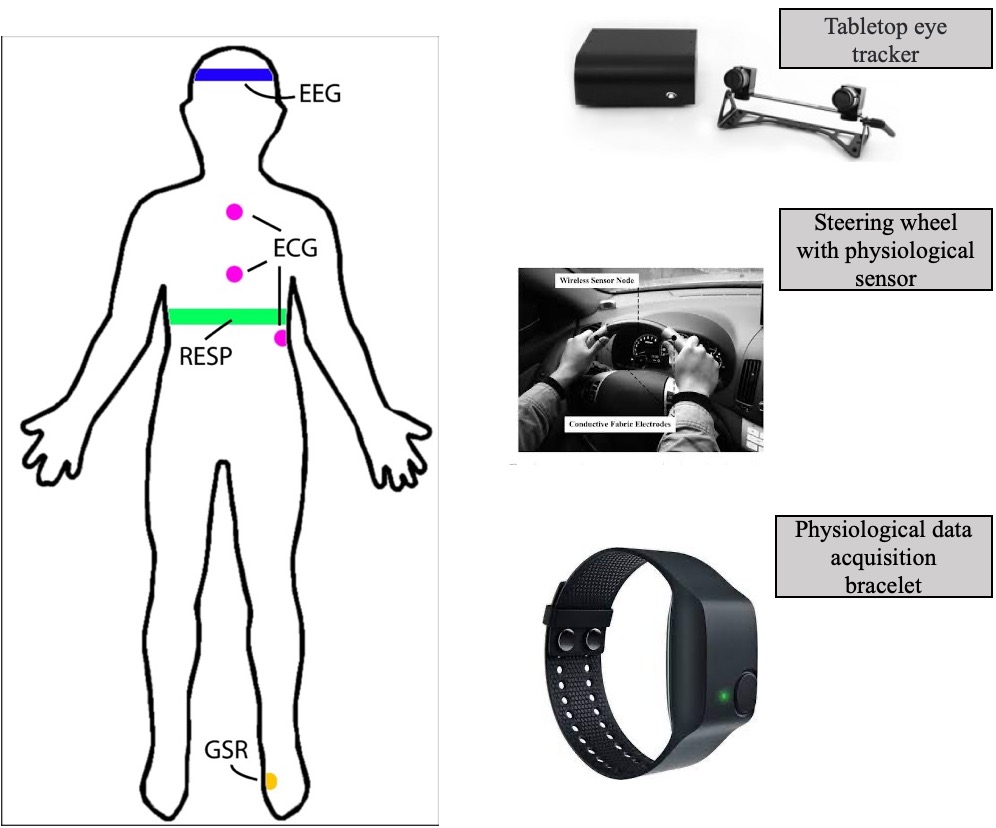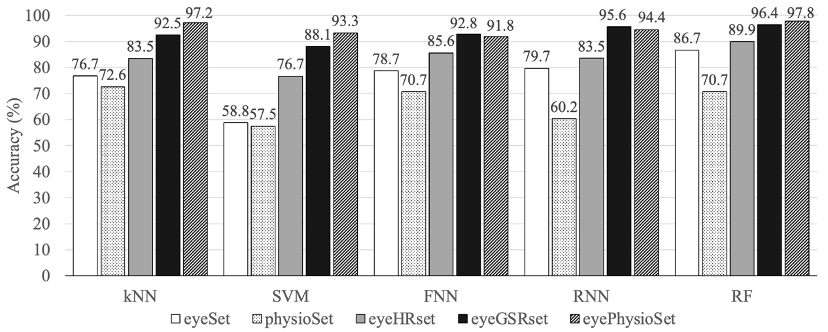Drivers' high cognitive load can have a negative impact on their driving ability, which poses a threat to road safety. In assisted driving, while drivers are not required to continuously control the vehicle, they still need to remain vigilant to real-time road conditions, anticipate potential hazards, and be prepared to take over control of the vehicle as needed. Consequently, the high cognitive load experienced by drivers in assisted driving can still increase driving risks. Currently available methods for estimating driver cognitive load mostly rely on research-grade equipment, which makes it difficult to non-intrusively monitor the driver's state and therefore challenging to implement in passenger car cabins. Furthermore, limited research has been focused on methods to mitigate driver cognitive load in assisted driving. Therefore, this project aims to explore non-intrusive methods for monitoring driver states using devices such as vehicle-integrated sensors and smartwatches. Finally, we propose and validate adaptive methods for mitigating driver cognitive load, such as in-car interaction design and shared control of assisted driving. The results of this project will provide a theoretical basis and practical foundation for designing driver-state monitoring systems in assisted driving.
- Student PI(s): Ange Wang, Jiyao Wang, Wenxin Shi
- Project date: Sep 1, 2022 - now
Related Publications
2:He D., Wang Z., Khali E.B., Donmez B.*, Qiao G., Kumar S. (2022). Classification of driver cognitive load: Exploring the benefits of fusing eye-tracking and physiological measures. Transportation Research Record. [post-print]
1:He D., Donmez B.*, Liu C. C., & Plataniotis, K. N. (2019). High cognitive load assessment in drivers through wireless electroencephalography and the validation of a modified n-back task. IEEE Transactions on Human-Machine Systems, 49(4), 362-371. [post-print]

